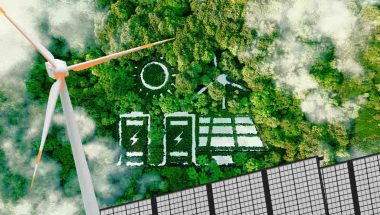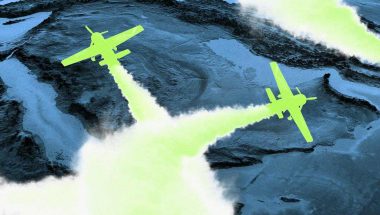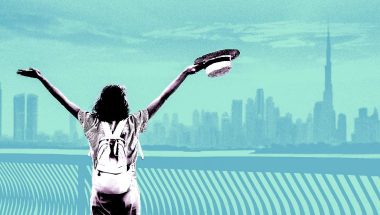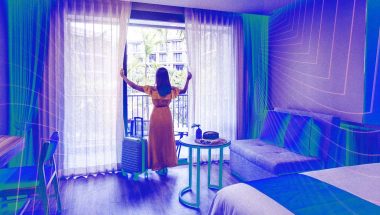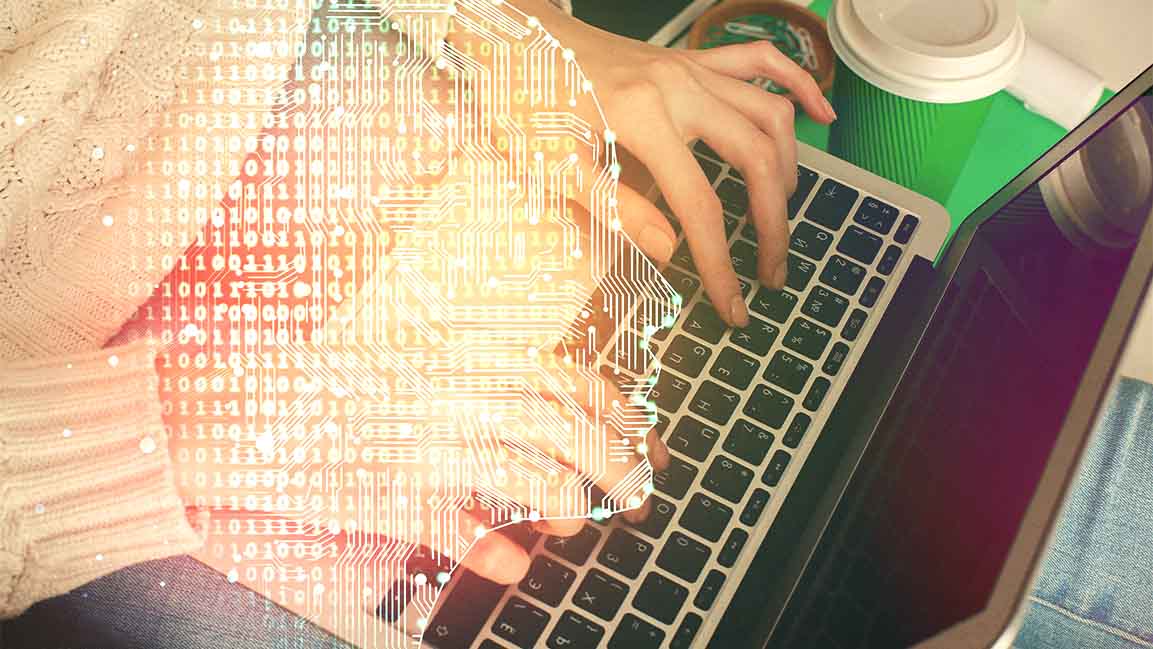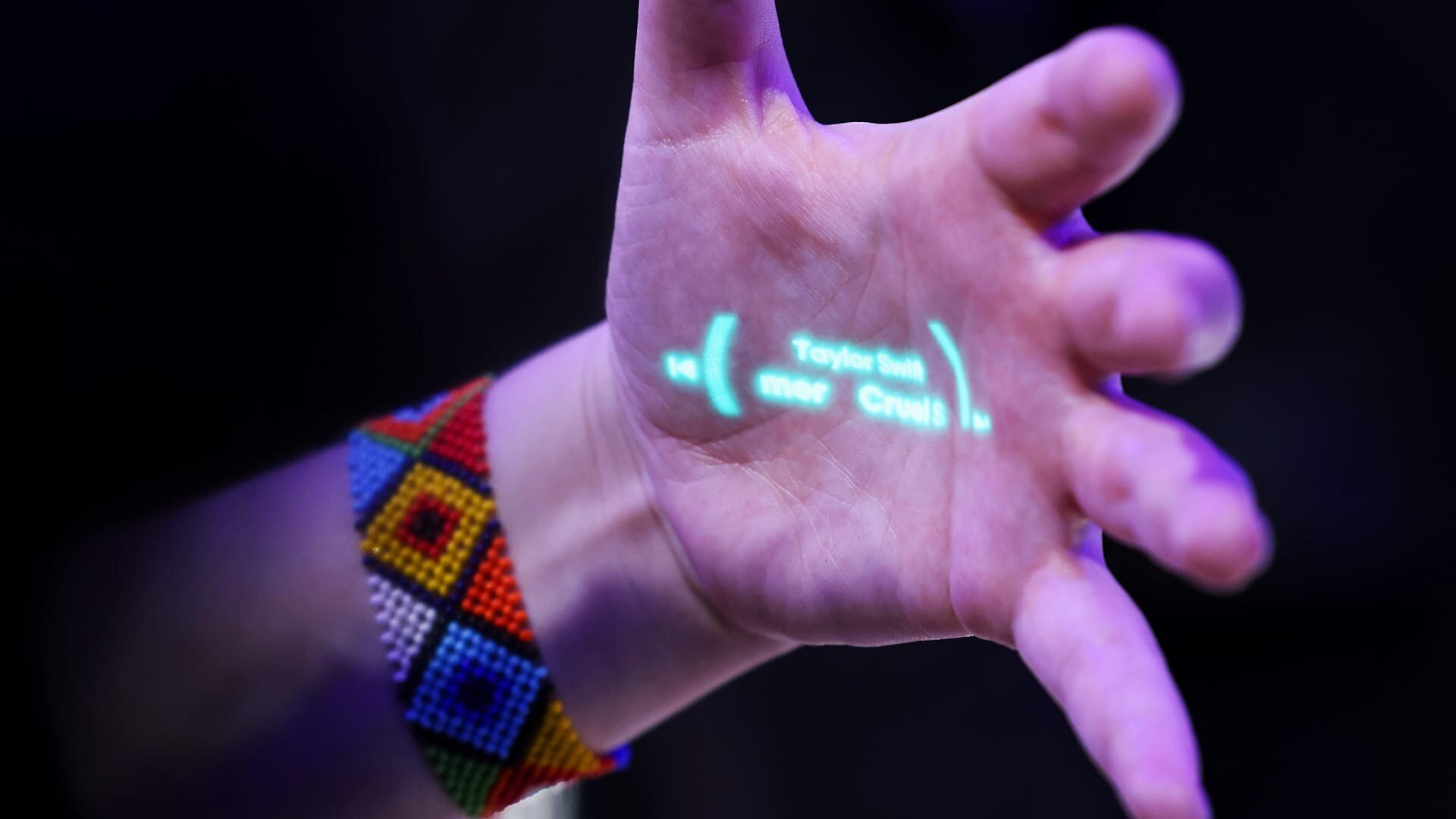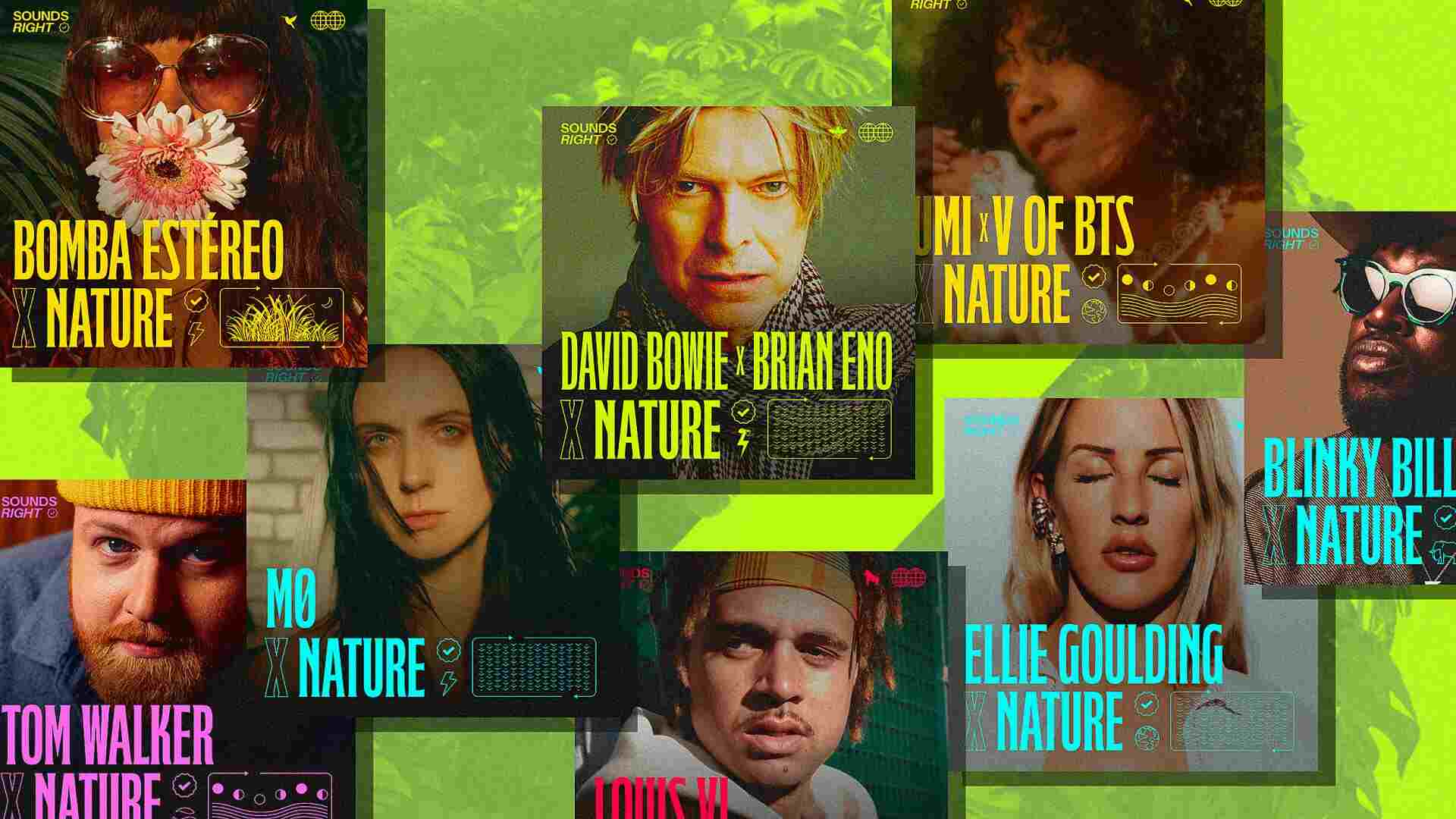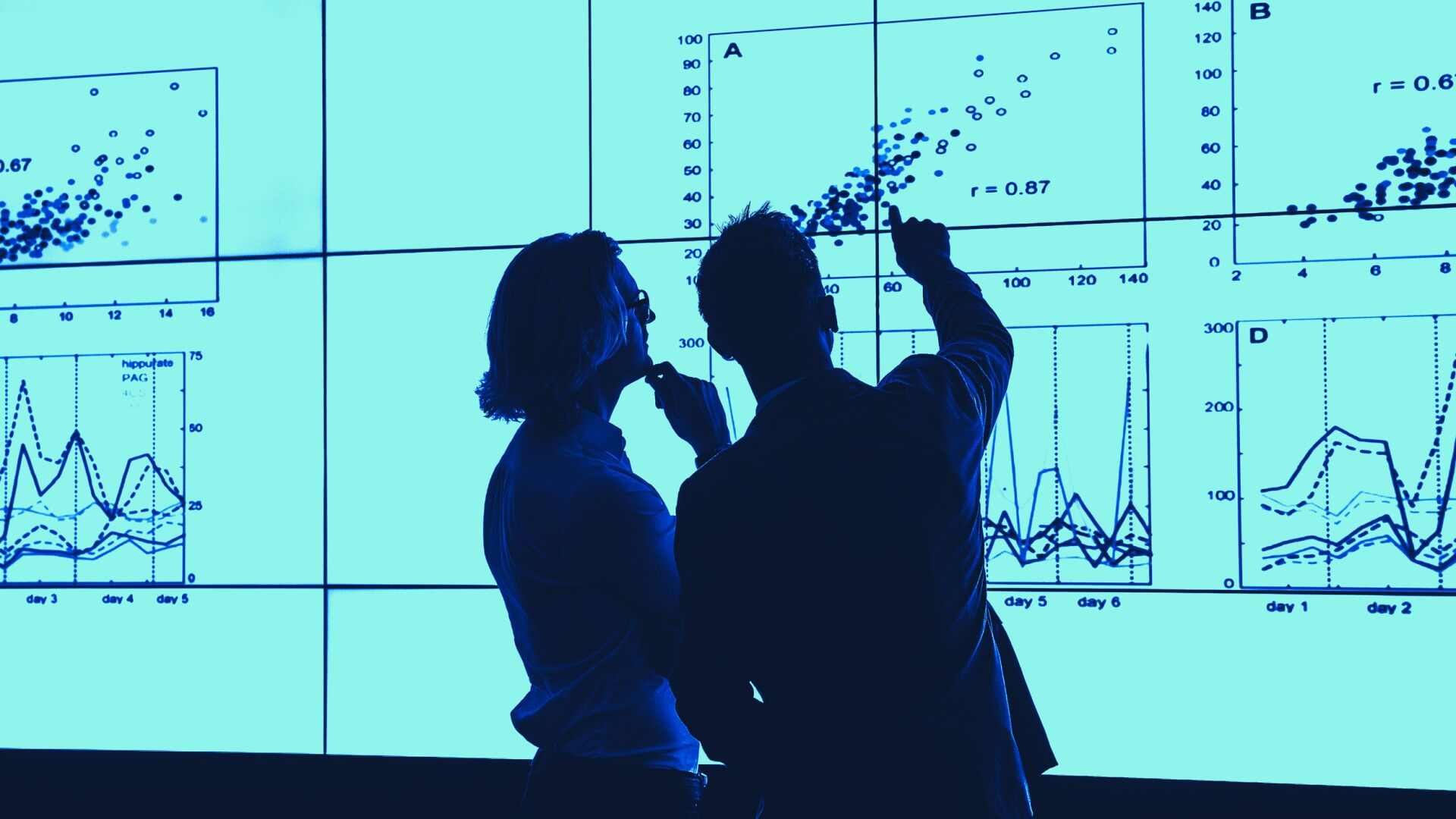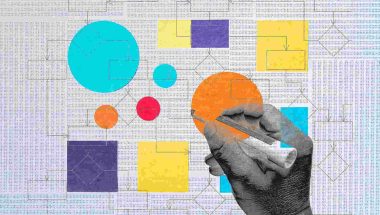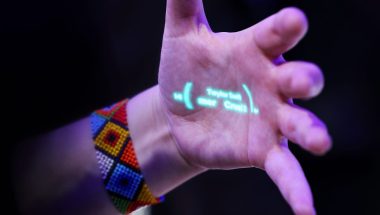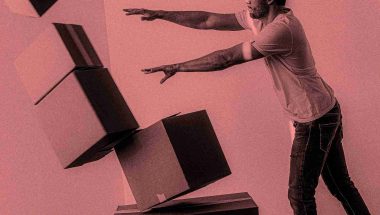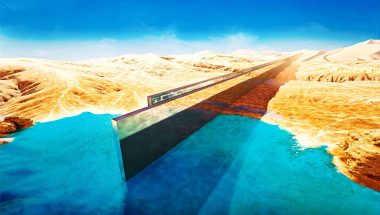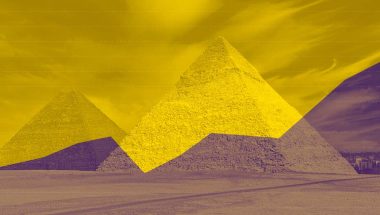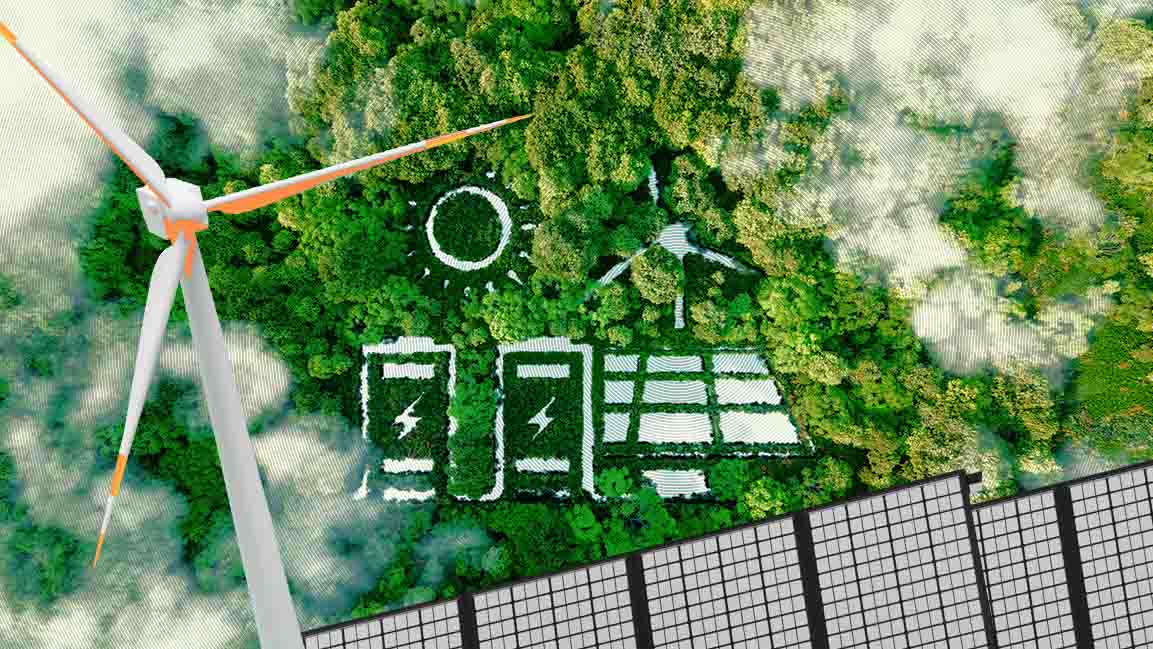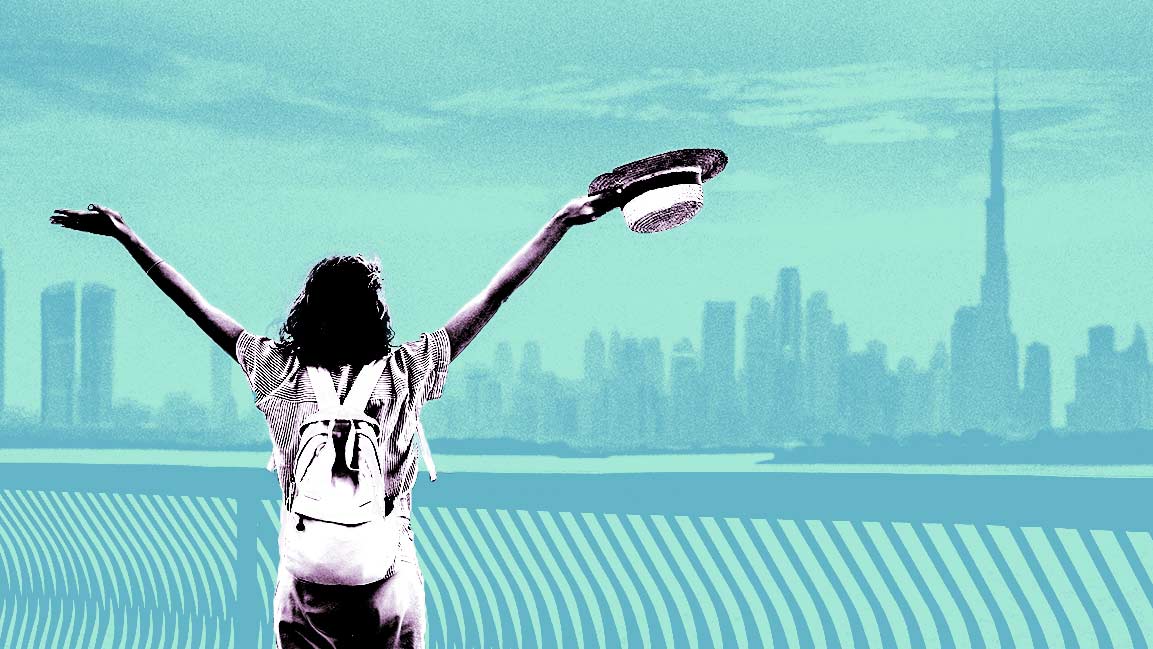- | 9:00 am
This Tunisian startup created a gaming app to help children with learning disabilities
Founder of Tunisian startup Sghartoon says she is trying to transform learning difficulties into superpowers.
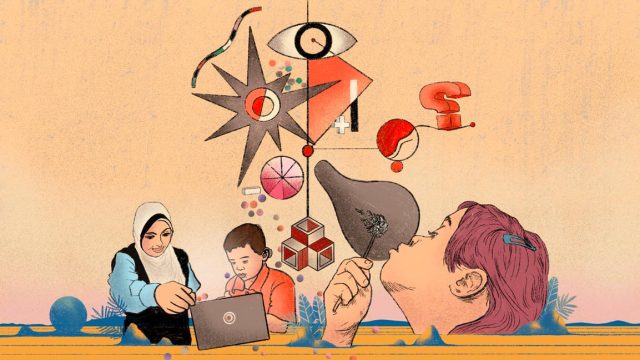
Her sister was different. While others feared monsters, her sister’s nightmares were numbers and letters. She couldn’t spell her name. Tying a shoelace gave her sweats. As a result, the school wasn’t easily navigable. Bullying made matters worse. Later, they found that her sister was battling dyslexia, dyscalculia, and dysorthographia. Having witnessed this first-hand, she resolved to help others with the same problems.
“It was only when the paediatrician recommended a speech therapist to my mother did things change. I realized my sister and mother’s struggle is a reality for millions. This region has a lot of social taboos related to mental health, which makes life hard for those seeking help. I always knew I wanted to do something in this space,” says Hidayet El Ayadi, Founder & CEO of the Tunisian startup Sghartoon.
With a background in IT Engineering and specialization in video games, El Ayadi tested several platform iterations starting in 2017. Two pivots on, the company created an AR platform similar to Pokémon Go. It taught language skills to dyslexic children. The next pivot was with cartoons based on imparting basic educational knowledge. In 2019, the company raised a C-Seed fund which ensured a smooth year and a half of game development.
The big breakthrough was in 2021 when the Sghartoon app (‘Sghar’ meaning children in Arabic and ‘toon’ from the root word cartoon) was launched. It assists therapists in treating children with educational troubles by detecting early signs involving the parents and gamifying the process. “The idea was to pick a name that had nothing to do with learning difficulties because we’re trying to transform learning difficulties into superpowers,” she adds.
The app developed for the 5-10 age group analyzes a child’s performance over a series of games based on special algorithmic conditions. Once complete, the results are shared with parents confidentially before connecting them with therapists. Currently, Sghartoon’s library of 87 games is available in four languages: Tunisian dialect, Arabic, French, and English.
EVERYONE WINS
Universal fact: games are fun. But how do you develop a game that can study and diagnose learning difficulties? This was the most complicated step, says El Ayadi. “Transforming tests used by therapists in traditional settings to the digital scape involved a lot of precision. We created a board with a game developer, art designer, scriptwriter, and more experts. It was a room where nobody spoke the same language, but we saw the light. Today, we’re touching nearly 100 games covering everything a therapist does.”
Games test concentration, attention, and memory. Most concepts involve word-play, following patterns, and interactive puzzles. For example, in one, a child is to guess the missing letter.
PLAY IT FORWARD
Beyond helping children and parents, the app supports local therapists too. “The platform offers therapists the ability to get instant information and manage their patients and calendars. Parents can book sessions with the experts from the mobile app and pay for them online. Therapists also get access to a full library of games that help them create a digital funnel to work with the children and work online in the case of COVID-19. The best scenario we’re working towards is that any child from anywhere can receive treatment from any therapist anywhere,” says El Ayadi.
“The platform on a micro-level will assist schools and is for governments on a macro level. We want to help therapists within schools detect children at an earlier age and do the follow-up. For governments, it’s on a bigger scale where they will be managing schools. Giving them access to data about how many children in the country have learning difficulties, the most common ones, and all the valuable information for them to improve the educational system.”
Sghartoon has 1,000 parents and 20 therapists as of January 2022. Speaking about the feedback received, El Ayadi says: “We’re still a work in progress; there’s a lot of work we need to do. We discovered that the health tech sector in Tunis is hard to penetrate. We have some stereotypes that we have to work through. For example, our clients are recently graduated therapists or have less than ten years of experience. We are working to ensure they get more patients and exposure to make ends meet.”
The journey so far hasn’t been without criticism. “We’re facing a lot of resistance from the older generation that believes that technology is not the right call for this practice,” she says.
Overall it has been an adventure of epic proportions. “You’re not going to find your clients from day one; you have to work with them and convince them, especially when functioning in such a sensitive area,” says El Ayadi.
“That’s why going through Google Accelerator is important for us at this stage. We aim to gain access to the right mentors and resources that will help us better understand and to deal with the market. So far, we have raised two funds; our seed round at around half a million dollars is open to investors. So, we’re a work in progress. That’s the startup life.”






